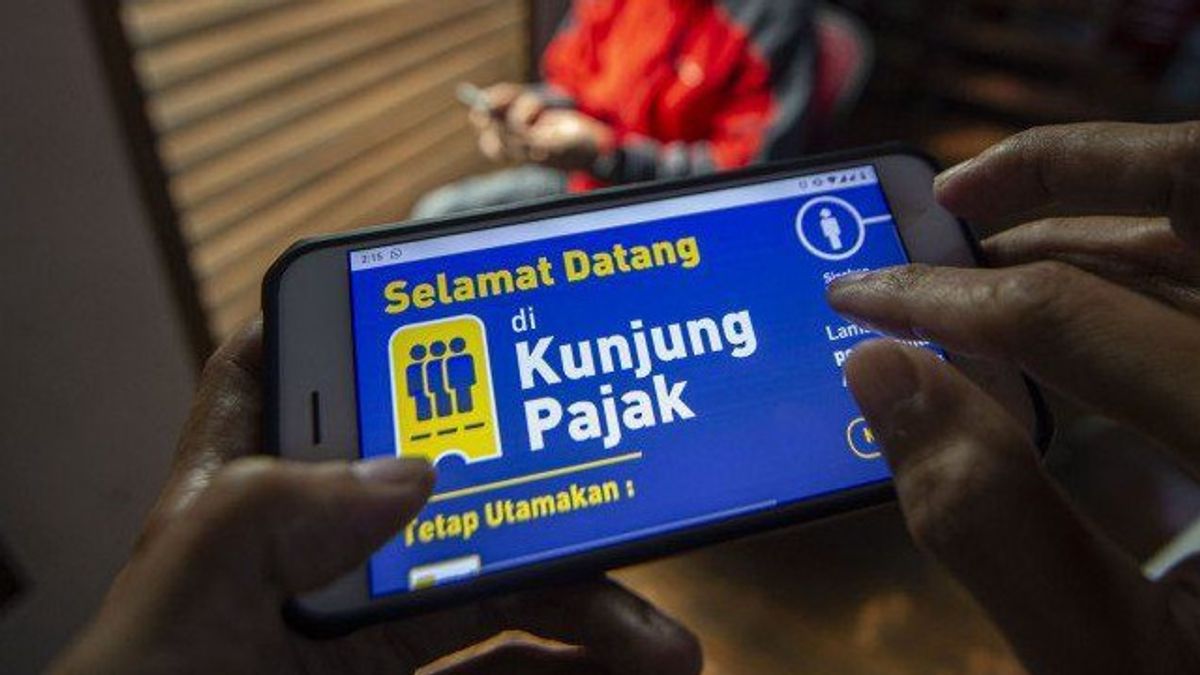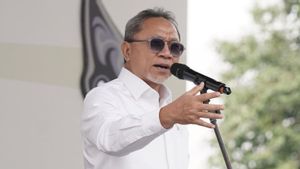JAKARTA - Maisie Sagita from the Institute for Development of Economics and Finance (Indef) recommends the government to strengthen tax education amidst the tax controversy which has become a public discussion in cyberspace.
"The government needs to strengthen education channels related to taxes because it was found that there was a discrepancy between people's understanding of the tax mechanism which led to misunderstandings," said Maisie Sagita, an Indef researcher in a public discussion on Paying Taxes in the Era of the Phenomenon of Officials Showing off Wealth, quoted from Antara, Wednesday 29 March.
Maisie said that from an analysis of data for the period February 17 to March 23, 2023, on social media Twitter, the tax controversy generated around 680 thousand conversations on the internet.
She said that almost all people on the internet expressed complaints related to taxes and the behavior of tax officials.
"Quite a lot of young people have voiced their complaints. Now young people are more concerned about this taxation and they see that there needs to be a change," she said.
During this period, there were three peaks of conversation, namely regarding cases of child abuse by the son of an official of the Directorate General of Taxes, Ministry of Finance.
Then, the performance of the Ministry of Finance where the narrative began to develop with indications of suspicious transactions of IDR 300 trillion, and the public began to share their experiences with tax collection for various goods.
In addition, there are three tax-related issues that are most highlighted or of public concern, namely the behavior of officials who show off their wealth, indications of money laundering, and receiving gifts, but people are obliged to pay taxes.
As many as 13,000 of the 680,000 conversations voiced calls for not paying taxes. Although there are many complaints, it does not mean that people do not want to pay taxes.
Even so, continued Maisie, the government must immediately evaluate the performance of tax management agencies so that the narrative of not paying taxes does not spread.
In addition, the public questioned what goods were taxed and other goods were free of tax. For this reason, education is needed to increase public understanding.
"The public is now confused as to why an item of gift which is in the context of obtaining it for free can also be taxed," he said.
VOIR éGALEMENT:
Meanwhile, Indef senior economist Faisal H Basri said that although there were many complaints related to taxes, the Indonesian people still carried out their obligations to pay taxes.
"So sick of the people with the official's behavior that civil disobedience or public disobedience appears, the public collectively goes on strike to pay taxes, we are far from there, the Indonesian people are very forgiving," he said
He said that even though a certain number of people are reluctant to pay taxes or are determined not to pay taxes, they cannot avoid paying taxes.
"The state has an extraordinary ability to force its citizens to pay various tax levies," he said.
The English, Chinese, Japanese, Arabic, and French versions are automatically generated by the AI. So there may still be inaccuracies in translating, please always see Indonesian as our main language. (system supported by DigitalSiber.id)
















